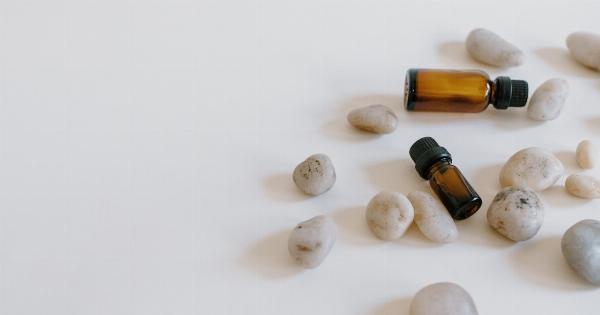If you’re a coffee lover, you’re not alone. Millions of people worldwide start their day with a cup of coffee and consume multiple cups throughout the day.
While coffee often helps improve productivity, alertness, and mood, many individuals may be drinking too much of it, and it might be affecting their health negatively.
What is considered too much coffee?
Caffeine is the active ingredient in coffee that makes it a preferred drink for many people. However, caffeine also has negative side effects such as headaches, jitteriness, increased heart rate, and blood pressure.
When consumed in large amounts, these symptoms may become worse and lead to more severe health issues. The safe daily limit of caffeine intake recommended by the FDA is 400mg per day.
If you’re an average adult, one 8-ounce cup of coffee contains approximately 70-100mg of caffeine. Drinking more than four cups of coffee per day can quickly add up your caffeine intake.
However, the amount of coffee that is considered “too much” varies from person to person. It depends on various factors like age, weight, metabolism, and individual sensitivity to caffeine.
What are the symptoms of drinking too much coffee?
If you’re drinking too much coffee, you may experience some negative symptoms, and they might start to manifest themselves in different ways. Some of the symptoms include:.
- Insomnia and sleep disturbances
- Nervousness and anxiety
- Stomach irritation and digestive issues
- Increased heart rate and high blood pressure
- Muscle tremors and headaches
- Dehydration and frequent urination
If you’ve noticed any of these symptoms, it might be time to reduce your coffee intake.
What are some benefits of reducing coffee intake?
Reducing your coffee intake can have many benefits for your health. Some of the benefits of reducing your coffee intake include:.
- Better quality of sleep
- Reduced anxiety and nervousness
- Less stomach irritation and digestive issues
- Lowered blood pressure and heart rate
- Reduced muscle tremors and headaches
- Improved hydration levels
Reducing your coffee intake can also lead to fewer trips to the bathroom, which can be beneficial if you’re experiencing incontinence.
Additionally, if you’re pregnant, reducing your caffeine intake is essential, as high caffeine intake has been linked to low birth weight and birth defects.
What are some alternatives to coffee?
If you’re looking to reduce your coffee intake, here are some alternatives that you can try:.
- Tea – tea contains less caffeine than coffee but still provides an energy boost. Plus, tea comes in many flavors, so you can try different varieties to find your favorite.
- Water – staying hydrated is essential, and drinking water can help you feel more alert and awake.
- Green smoothies – green smoothies are packed with nutrients and can also provide an energy boost.
- Herbal supplements – some herbal supplements like ginseng and ashwagandha can help improve focus and concentration.
If you’re struggling to reduce your coffee intake, try gradually reducing the number of cups you drink per day and replacing them with an alternative.
Conclusion
While coffee can provide many benefits, including increased productivity and alertness, drinking too much of it can lead to negative side effects on your health.
Reducing your coffee intake can provide many health benefits and help you feel better in general. If you’re struggling to reduce your coffee intake, try some of the alternatives mentioned above.


























